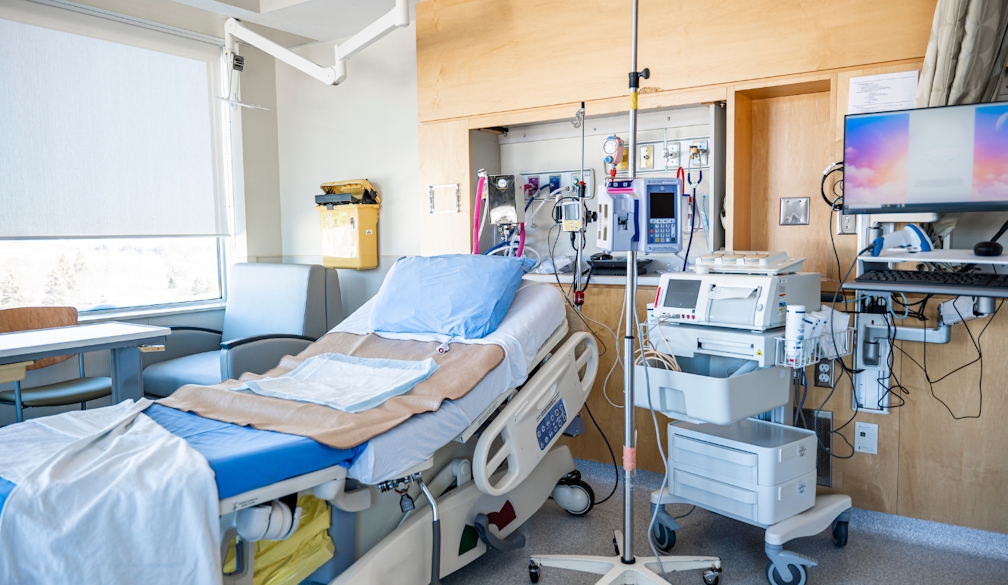What Will Happen If You Get Sick Without Private Health Insurance in Australia?
- Written by Times Media

Australia is rightly proud of Medicare. It provides universal access to doctors, public hospitals, and many essential health services. On paper, no one is left without care. But the reality of being sick without private health insurance is far more complicated—and, for many, deeply frustrating.
The Public System Works, But at a Cost
If you don’t have private health cover and you fall ill, you’ll still be treated. A public hospital won’t turn you away. Emergency care is available to everyone, regardless of income. The issue is not whether you’ll get care, but when and how.
For urgent or life-threatening conditions, the public system delivers world-class treatment. However, for elective surgeries—hip replacements, knee reconstructions, cataract removals—the waiting lists can stretch for months, sometimes years. Without private insurance, you lose the option of choosing your surgeon, your hospital, or even the timing of your treatment.
The Waiting Game
One of the harshest realities for uninsured Australians is the waiting list. While wealthier patients can jump the queue in private hospitals, those relying on Medicare often find themselves stuck in limbo. Pain management, reduced mobility, or an inability to work while waiting can take a serious toll on both physical and mental health.
These waits aren’t just inconvenient; they’re inequitable. Two people can have the same condition, but the one with private health cover is walking within weeks while the other is still waiting for a call from the hospital months later.
Hidden Costs of “Free” Care
Even though Medicare covers much, it doesn’t cover everything. Specialist appointments can come with out-of-pocket “gap” fees, pathology tests aren’t always fully covered, and dental and optical care are glaring gaps in the system. For those without private extras cover, something as routine as a dental crown or new glasses can hit the household budget hard.
For families, these costs add up quickly. For retirees, they can be devastating. “Free” care is a myth once you step outside the GP’s office or emergency ward.
The Two-Tier System
Australia’s health care system is often described as “universal,” but in practice it has become a two-tiered model. Those who can afford private cover enjoy faster treatment, choice of doctors, and access to private hospitals. Those who can’t are left with fewer choices, longer waits, and greater uncertainty.
This divide is growing sharper as the population ages and public hospitals strain under increasing demand. Without private health insurance, Australians risk being stuck in a bottleneck of care that, while technically available, is practically out of reach when it’s most needed.
A Question of Equity
The central question is not whether Medicare is good—it is. The question is whether Australians without private health insurance are being left behind. If you get sick without private cover, you will not be abandoned, but you may be waiting, paying unexpected bills, and losing control over your own treatment.
In a country that prides itself on fairness, the growing divide in health outcomes between the insured and uninsured is a warning sign. Medicare was built on the idea of equal access. The longer waiting lists grow, the further we drift from that promise.
Find out more about private health care at https://www.defencehealth.com.au
















